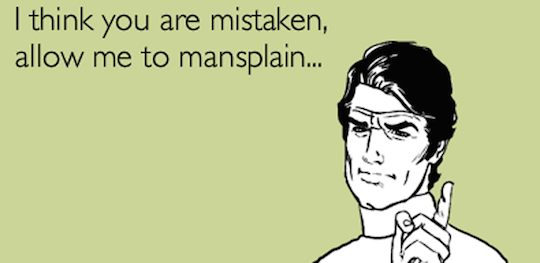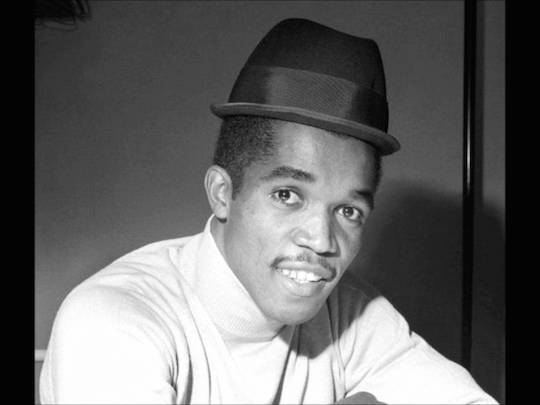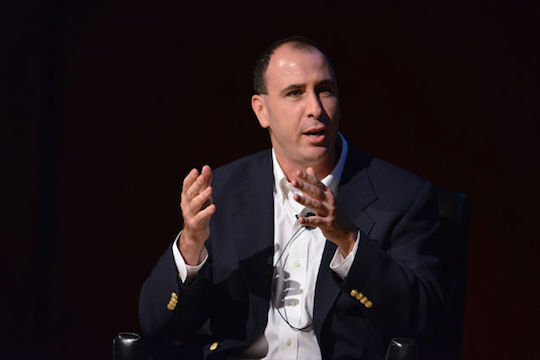I defy you to find the original in his published work, but Howard Zinn famously paraphrased Camus as saying that in history, “it is the job of thinking people not to be on the side of the executioners.” Certainly, this principle has guided academia. Virtually all of the humanities are taught within the framework of historical injustices. We decry the liberal arts major for not knowing much, but he knows about oppression and the system of values it determines. He knows not to be on the side of the executioners. But what happens when two historically oppressed groups come into conflict? One becomes an executioner, and the other suffers oppression of the same kind as latinos in the United States. So runs the logic of the campus debate on divestment from Israel, which the Times reports is breaking the historic coalition between Jews and other minorities.
Category Archives: Epistemology
Fredrik deBoer on “critique drift”
Yesterday, Fredrik deBoer posted this long and thoughtful essay on a phenomenon he calls “critique drift.” I assume the internet hates him now. You should read the whole piece, but deBoer nicely summarizes his own argument in this passage:
Critique drift is the phenomenon in which a particular critical political lens that correctly identifies a problem gets generalized and used less and less specifically over time. This in turn blunts the force of the critique and ultimately fuels a backlash against it. Critique drift is a way that good political arguments go bad.
DeBoer cites three concepts from the rhetoric of social justice/intersectionality that reflect critique drift: mansplaining, tone policing, and gaslighting. Note that he does not say these phenomena aren’t real—only that the lefty internet increasingly uses them in contexts where they don’t apply.
Morano on climate change: “Let the public decide what’s the truth”
I assume that suit salesmen everywhere can spot a liar, and they know what to do when one walks in. “Let me show you the olive brown,” they say. “It looks trustworthy.” Marc Morano is intrigued—not for himself, of course, but as a gift for his mother, who wears men’s suits as a sexual thing. “She’s exactly my size,” he says. Thus do sales associates perform a national service—but do we heed them? We do not. Some of us let Marc Morano of Climatedepot.com talk on our televised current-events shows, and we wind up broadcasting into space messages like this:
Let the public decide what’s the truth.
If the aliens hear that, they’re just gonna lose all hope. Video after the jump.
In landmark ruling, Judge Dread sentences rude boy to 400 years
By the time you read this, I’ll be famous. I assume that everyone else on the internet also spent the last few weeks listening to Prince Buster, and this blog post about his influence on The Specials will go viral instantly. Probably, the Combat! blog server has already crashed, and this essay is now hosted by NASA. In case you live in Iraq or something and don’t know the central elements of western culture: Prince Buster was a musician during the first wave of Jamaican ska in the 1960s. The Specials were a band during the 2-Tone ska revival in late-seventies London. They relate to each other much as the individual relates to the culture he or she inherits, echoing Ortega y Gasset’s construction of modernity. Video after the jump.
Jonathan Chait commits internet seppuku with PC essay
One of the signal pleasures of reading Jonathan Chait’s essay on political correctness in New York Magazine is being glad you didn’t write it. Chait makes some good points, one of which is that social media will probably excoriate him. He’s right. My personal favorite is the tweet that accuses him of mansplaining the term mansplaining, which includes a shrugging emoticon but does not say how his explanation is wrong. Perhaps the implication is that anyone but a white man should explain what that term means, which seems right. It is certainly a bitter irony that a man should establish the definition of pedantic man-talk. Something about that sentiment seems illiberal, though. Must Chait be wrong in defining mainsplaining even if his definition is correct? Here we encounter the crux of his argument, and the complicating realization that he is the wrong person to make it.





